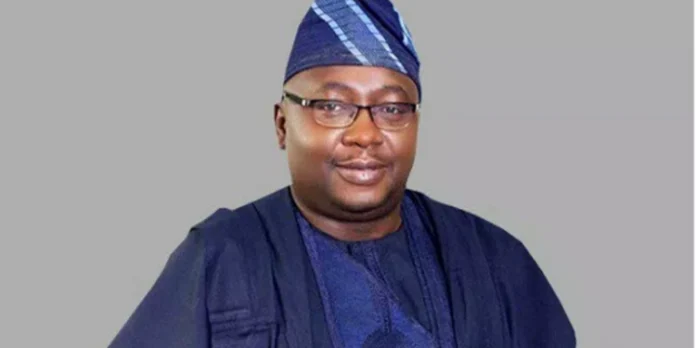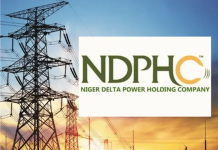The Federal Government has expressed concerns over the burgeoning indebtedness of Nigeria’s power sector, revealing that it has reached approximately N3.3 trillion. Additionally, the government disclosed that the subsidy on electricity for the year 2024 is expected to amount to about N3 trillion, far exceeding the allocated budget of N450 billion for this purpose.
Minister of Power, Adebayo Adelabu, made these revelations during a press conference in Abuja, where he addressed the challenges facing the power sector. He emphasized the need to transition towards a cost-effective tariff model, citing the growing difficulty in sustaining power subsidies.
Adelabu highlighted that Nigeria currently owes N1.3 trillion to electricity generating companies and $1.3 billion to gas producers. This indebtedness has contributed to disruptions in power generation, with gas suppliers halting deliveries due to unpaid bills.
The minister underscored the urgency of resolving these issues, stating, “How will the sector move forward? Nigerians deserve the right to know this.” He reassured that efforts were underway to address the outstanding debts through various means, including cash injections or guaranteed debt instruments.
Regarding the subsidy, Adelabu expressed doubts about the government’s ability to sustain it, especially given the significant shortfall between the allocated budget and the actual subsidy requirements. He cited examples of neighboring countries paying higher electricity tariffs and suggested a reevaluation of Nigeria’s subsidy policy.
Earlier reports indicated that the Nigerian Electricity Regulatory Commission (NERC) released the 2024 electricity tariffs, indicating a substantial subsidy burden on the Federal Government to prevent tariff hikes. This subsidy has increased to about N3 trillion based on Adelabu’s recent disclosures.
The minister described the crisis in the power sector as complex, attributing grid collapses to various factors such as gas shortages, aging infrastructure, and insufficient capacity for power evacuation. He called for sustainable solutions to address these challenges and ensure the reliability of Nigeria’s electricity supply.
As Nigeria grapples with mounting electricity subsidies and sector indebtedness, stakeholders are urged to work collaboratively to implement effective strategies for reform and sustainable development in the power industry.












